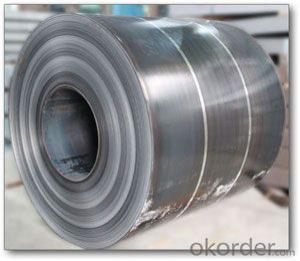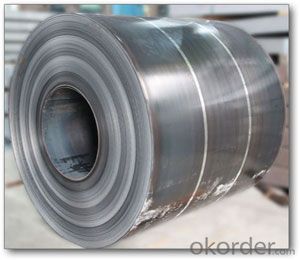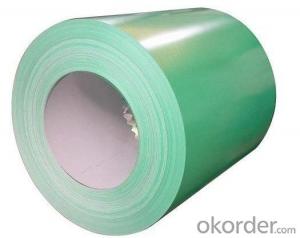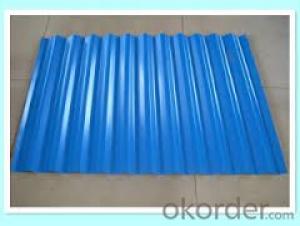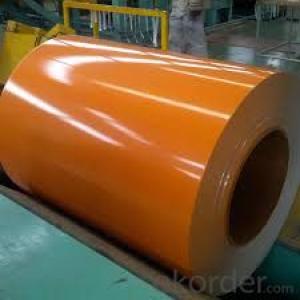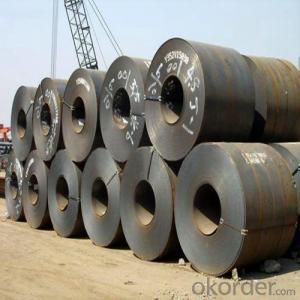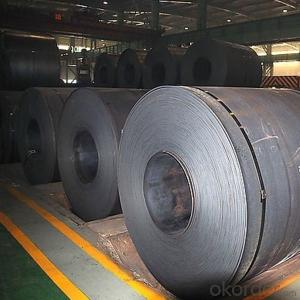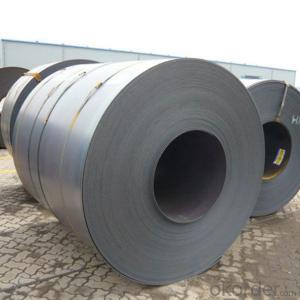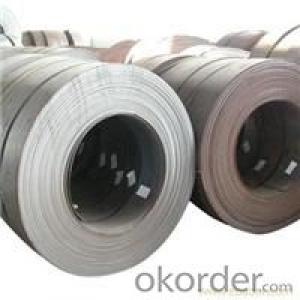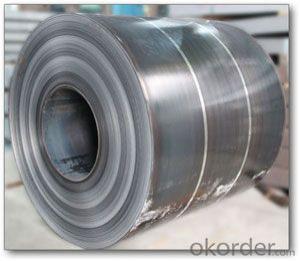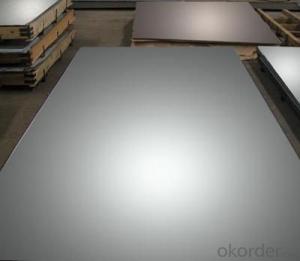BEST HOT ROLLED STEEL COIL HIGH QUALITY AND COMPETITVE PRICE
- Loading Port:
- Tianjin
- Payment Terms:
- TT OR LC
- Min Order Qty:
- 100 m.t.
- Supply Capability:
- 8000 m.t./month
OKorder Service Pledge
OKorder Financial Service
You Might Also Like
HOT-ROLLED STEEL COIL
Hot rolled low hardness, easy processing, good ductility.
Available specification:
thickness | width(mm) | length(mm) | coil inside diameter(mm) | |
HOT ROLLED STEEL COIL | 1.5-25 | 600-2000 | 762 | |
HOT ROLLED STEEL STRIP | 1.5-20 | 30-720 | 762 | |
HOT ROLLED STEEL PLATE | 6-700 | 500-4500 | 4000-18000 | |
HOT ROLLED STEELSHEET | 1.2-25 | 50-2000 | 0-18000 |
We can supply customers' with different specifications of the highest quality and lowest price.
Sincerely welcome to contact us for the future details if any item interest you ,and we will make every effort to assure that your requirements will be satisfied ,and we hope to establish long-term business relations with you on the basis of the equality and mutual benefit.
We are waiting for your email.
- Q: What are the common methods of forming steel coils?
- The common methods of forming steel coils include hot rolling, cold rolling, and strip casting.
- Q: How are steel coils protected during transportation?
- Steel coils are typically protected during transportation by being wrapped in layers of protective materials such as plastic or paper, and then secured onto pallets or placed inside specialized containers. This helps prevent damage from moisture, dust, and other external elements, ensuring the coils arrive at their destination in good condition. Additionally, proper handling and loading techniques are employed to minimize the risk of any physical damage during transportation.
- Q: How do steel coils contribute to the energy efficiency of buildings?
- Steel coils contribute to the energy efficiency of buildings in various ways. Firstly, steel coils are commonly used in the construction of roofing systems. These coils are typically coated with reflective materials that help to reduce heat absorption from the sun. By reflecting sunlight away from the building, steel coils can significantly reduce the amount of heat that enters the building, thereby reducing the need for air conditioning and cooling systems. This, in turn, leads to lower energy consumption and reduced electricity bills. Additionally, steel coils are often used in the insulation of buildings. Steel coil insulation acts as a barrier against heat transfer, preventing heat from escaping in colder months and entering the building in warmer months. By effectively insulating the building, steel coils help maintain a consistent internal temperature, reducing the need for heating or cooling systems. This results in lower energy consumption and enhanced energy efficiency. Furthermore, steel coils are known for their durability and longevity. Their high strength and resistance to corrosion make them ideal for constructing energy-efficient buildings. By using steel coils in the construction process, buildings can be designed with thinner walls while maintaining structural integrity. Thinner walls allow for increased insulation space, enabling better energy efficiency and reducing the overall energy demand of the building. Moreover, steel coils are also recyclable, making them an environmentally friendly choice for building materials. The recycling process of steel coils requires significantly less energy compared to the production of new steel, thereby reducing carbon emissions. By using recycled steel coils, buildings can contribute to sustainable construction practices and help reduce their environmental impact. In conclusion, steel coils contribute to the energy efficiency of buildings through their reflective properties, insulation capabilities, durability, and recyclability. By utilizing steel coils in roofing and insulation systems, buildings can reduce heat absorption and heat transfer, leading to lower energy consumption and enhanced energy efficiency. Additionally, the use of steel coils supports sustainable construction practices, promoting a greener and more environmentally friendly approach to building design.
- Q: What are the different coil packaging machine configurations used for steel coils?
- There are several different coil packaging machine configurations used for steel coils, including horizontal coil packaging machines, vertical coil packaging machines, and orbital coil packaging machines. Horizontal coil packaging machines are typically used for smaller steel coils and provide a horizontal wrapping process. Vertical coil packaging machines are designed for larger steel coils and perform a vertical wrapping process. Orbital coil packaging machines use a rotating ring to wrap steel coils in a circular motion, providing maximum stability and protection. Each configuration offers specific advantages and is chosen based on the size and shape of the steel coils being packaged.
- Q: I have been thinking of buying a knife that says it has damascus steel. The reason for the question is that many people told me that damascus steel does not exist anymore, and that damascus nowadays is fake. Is this true???
- damascus steel it says is made from ore containing either tungsten or vanadium, although most tools I've seen are made from chrome vanadium, it wouldn't be hard in this day and age to get the proper material. Although it DOES say in wikipedia that apparently the technique died out a long time ago due to shortage of the ore. Then it talks about reproduction attempts. So theoretically, yes, it could be the deal deal. But it does refer at the bottom about damascend steel which is made with a different technique, you could be buying one of those. NEXT TIME JUST LOOK UP THE ARTICLE YOURSELF AND READ IT
- Q: What are the common coil widths available for steel coils?
- The common coil widths available for steel coils typically range from 24 inches to 72 inches, with 36 inches and 48 inches being the most common options.
- Q: is surgical steel or sterling silver belly button rings better for you? surgical is really cheap so its sketch and i justt dont want it to mess up
- This Site Might Help You. RE: surgical steel or sterling silver belly button rings? is surgical steel or sterling silver belly button rings better for you? surgical is really cheap so its sketch and i justt dont want it to mess up
- Q: How are steel coils used in the manufacturing of automotive components?
- Steel coils are used in the manufacturing of automotive components by being processed and shaped into various parts such as body panels, frames, suspension components, and engine parts. The coils are typically cut, formed, and welded to create the desired shape and strength required for each specific component. The use of steel coils allows for the production of durable, strong, and cost-effective automotive parts that meet the industry's high standards for safety and performance.
- Q: Explain why a steel nail sinks but a steel ship floats.
- surface area of the ship against the water is much greater than the nail.
- Q: how do i quinch steel? i heard instead of water oil will actually make it harder... wat ways are best for wat steels? and how do i tell wat kind of steel i have?... i will be doin this with my poket knife..
- boy what a though question ! let me explain. when you rapidly cool a steel from high temperatures(depending on steel type) with water or oil or other means , it is called quenching. it depends on the steel type to say if it is better to quench it with oil or water but basically in water you will have a harder steel rather than oil. for some steels if you do this you will ruin it's properties ! you can't totally tell what kind of steel do you have until you get it analyzed with Quantometer analyzer with a pocket knife it is more like an estimation and it can't be trust able generally if you can scratch the steel with your knife it means it is not a hard steel and it might not be expensive. I hope that helps but for more information i need to know more !
Send your message to us
BEST HOT ROLLED STEEL COIL HIGH QUALITY AND COMPETITVE PRICE
- Loading Port:
- Tianjin
- Payment Terms:
- TT OR LC
- Min Order Qty:
- 100 m.t.
- Supply Capability:
- 8000 m.t./month
OKorder Service Pledge
OKorder Financial Service
Similar products
Hot products
Hot Searches
Related keywords
